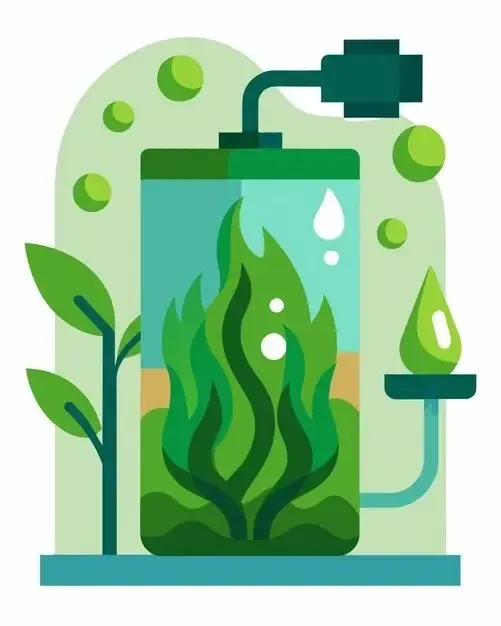The biofuel industry is pivotal in the global transition toward cleaner, sustainable energy sources.
By providing alternatives such as ethanol, biodiesel, and advanced biofuels from non-food
sources, it contributes to reducing greenhouse gas emissions, enhancing energy security, and
supporting rural economies.
As the demand for renewable energy grows, biofuels have become increasingly significant. Ethanol, derived from crops like corn and sugarcane, is blended with gasoline to reduce emissions, while biodiesel, produced from vegetable oils and waste fats, offers a renewable substitute for diesel. Advanced biofuels, such as cellulosic ethanol, sustainable aviation fuel (SAF), and renewable diesel, utilize agricultural waste and algae, providing higher
As the demand for renewable energy grows, biofuels have become increasingly significant. Ethanol, derived from crops like corn and sugarcane, is blended with gasoline to reduce emissions, while biodiesel, produced from vegetable oils and waste fats, offers a renewable substitute for diesel. Advanced biofuels, such as cellulosic ethanol, sustainable aviation fuel (SAF), and renewable diesel, utilize agricultural waste and algae, providing higher



